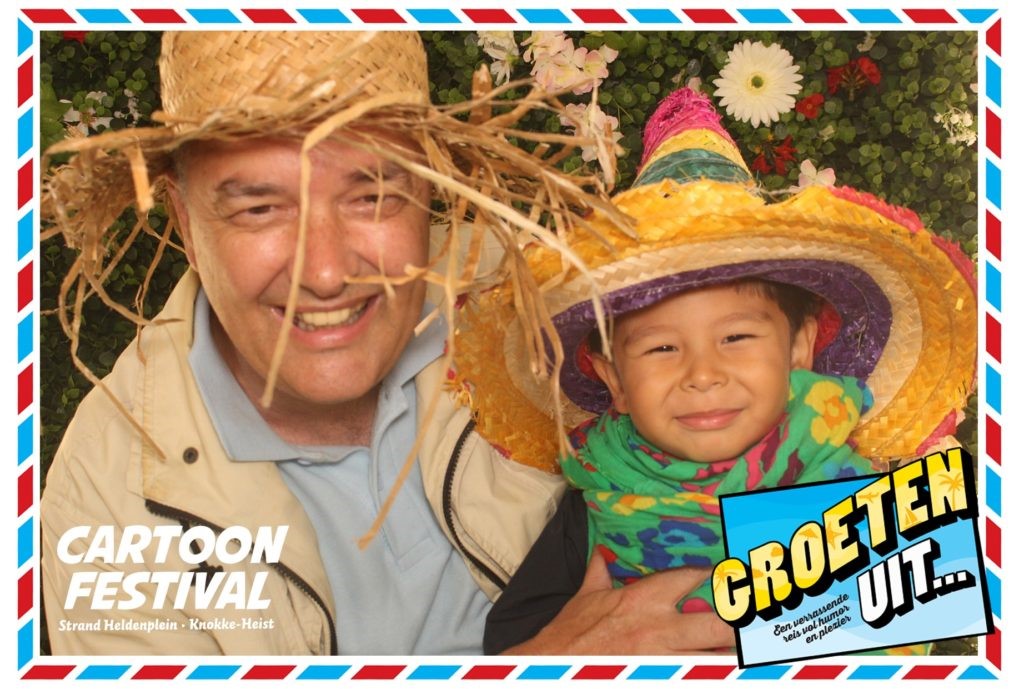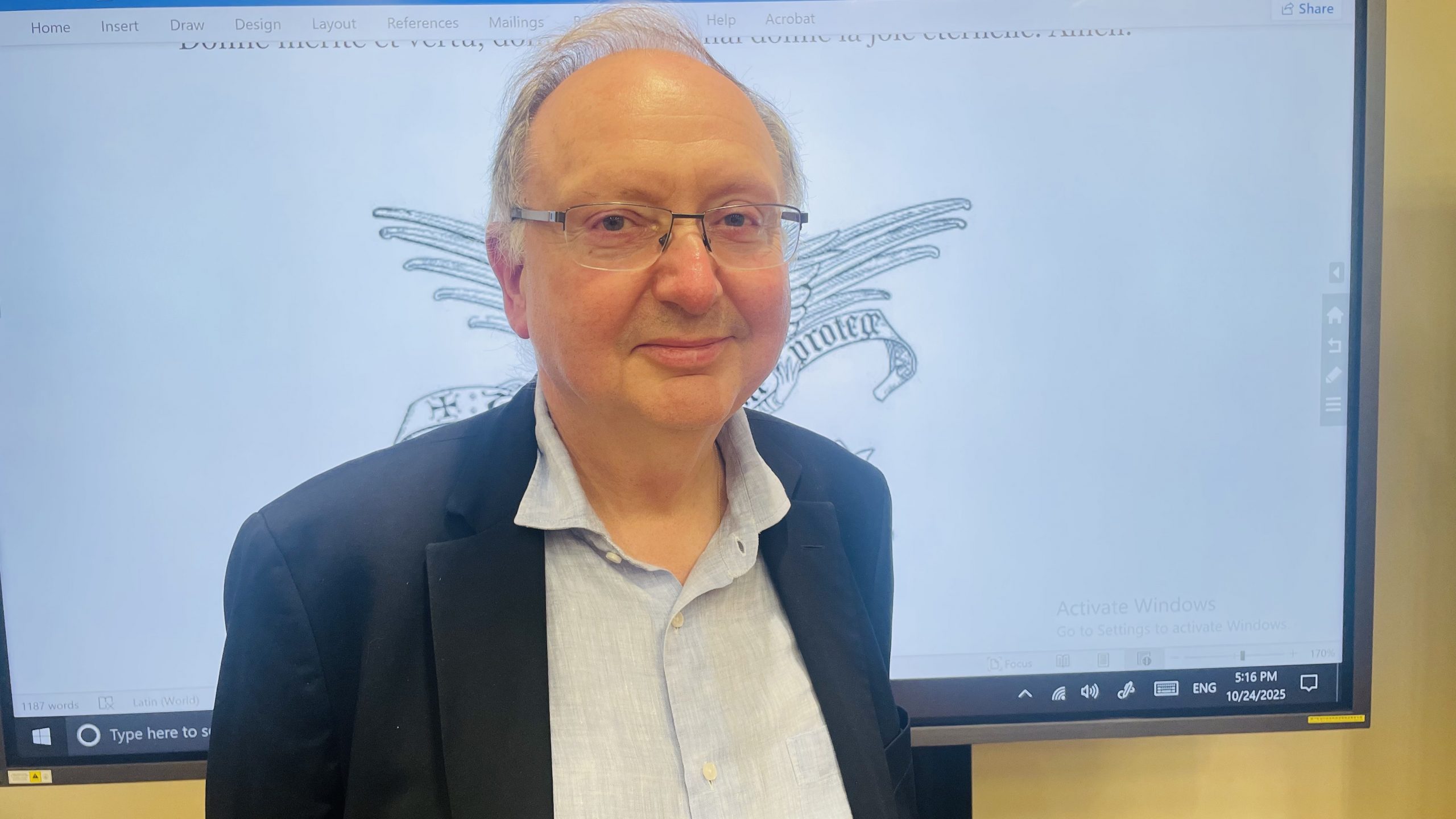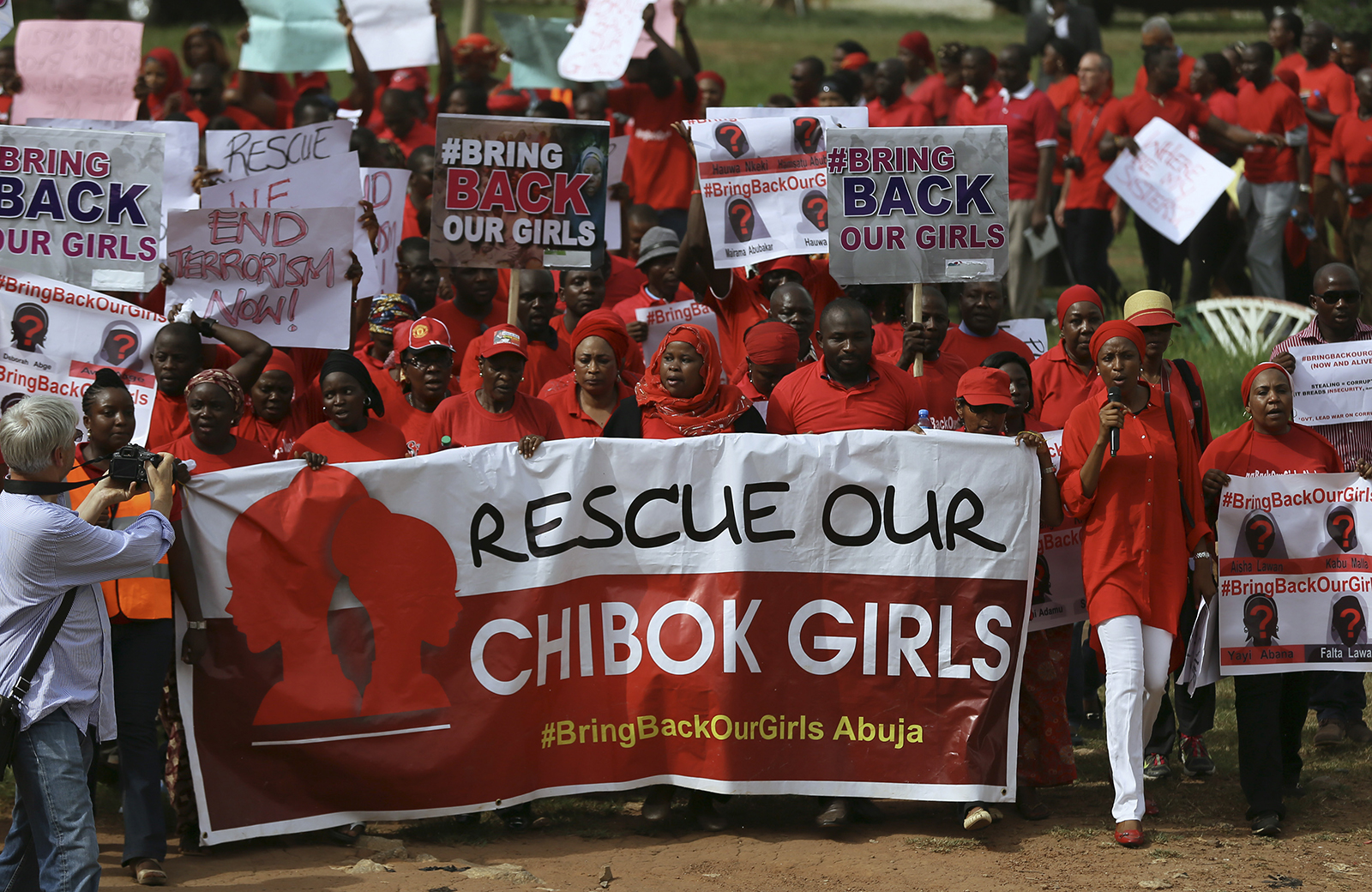– ROBAIRD O’CEARBHAILL
With decades of senior executive experience in international banking, now in fintech, crypto, investment and board governance, Daniel De Weyer, believes in reflection and positivity. His Catholic childhood largely made him what he is today, and what drives him: “To add to helping the world, to leave something positive behind oneself. This is my legacy. My biggest leg up to that legacy is my little boy who is four and a half years old. I consider myself fortunate with my career, my biggest regret though is not having had kids earlier in my life.” For Daniel his son is “beautiful, a creation of the Father.”
In his exclusive interview with O Clarim, Hong Kong based Daniel De Weyer, a Belgian with a Japanese wife, revealed why optimism is crucial, as well as how he found success at management and blending in other cultures. Daniel also added enthusiastically how he is based in early life values. As a child, he was living in a community-spirited village with his devout Catholic grandparents. This moulded his character and the personality he is today. Moreover with great warmth he sees God’s spirit of creation in his son.
You have had a lot of luck but there are two sides to luck at least. Mere unexpected fortune is only half of the story or less. Advice on luck, in my view, is create your own luck. In the book World on a String: How to Become a Foreign Correspondent with a foreword by CNN Senior Correspondent Wolf Blitzer, the advice was make your own luck. Be in the right place, get the skills, know the news industry and wait for the right time. That’s how I got in and earlier as a musician and as a children’s author. Do you agree? Has that been your experience too? Your luck?
Yes I have had many lucky breaks. Why have I had luck? Luck – I have been living life at the fullest level. I have had lots of opportunities and I took those opportunities. Not like some other people who cannot see the opportunity which is in front of their eyes. From those opportunities I have travelled widely and worked in a variety of countries. For example the United States, both in New York and Los Angeles. I also worked in Germany in Frankfurt and in my home country’s capital Brussels. I was stationed in the Middle East, the Gulf, in Bahrain too. Then came Asia where I was a regional director, I mean for the Asia Pacific region.
Tell me about your staff, the ones under you. How do you manage people?
That team as the regional director for me was very rewarding. Especially to appreciate the Asian work ethic and mentality. Chinese people are conscientious and are willing to put in the long hours. They are courteous, respectful, wanting to do and give their best.
What are the ways to success, in your view? How was your way of getting there?
There is no one path to success. One side (doing business in varying countries and regions) is to understand other cultures. Many people underestimate other cultures and only see the weaknesses of a different culture. We must look for the cultures’ strengths then we should play to those strengths. Getting back to luck I had good luck as well in having a good education.
I know you long enough, as an intelligent, well-educated, industrious man but never found out how the management skills first happened in your career.
It was in the Belgian army under military service. I was a second lieutenant stationed in Germany. The army is where you can learn teamwork. The way you lead is not like in business, where you become developed in terms of creativity, show appreciation for input. You must be sure also that your team is being heard. In my SWIFT (a leading global financial services firm in 200 countries ) team I always asked every member: “What are your ideas?”
You are a very positive community-helping person and strongly Catholic. Where does your personality and character come from? Your parents, education, friends, neighbors?
Part of my personality comes from my early years in childhood, from around eight to twelve years old. My parents were very busy people always working to run their clothing shop so I was sent to live in the country with my grandparents. So it was more my grandparents who raised and educated me. And I should add I had siblings. I had a brother one year junior to me and two sisters ten and twelve years younger than me. The family concentrated on anchor points, like the Church, Faith, prayer and the dynasty, the monarchy. In my grandparents home there was always a crucifix and pictures of the King and Queen. Outside of the house we showed we were a Christian home, because we had a chapel for Mary, mother of Jesus, a small one. My character would have been formed in those years, along with the Ten Commandments. Those are solid bases along with helping others. It was a small village (dozens of houses) but I used to do errands for half the village. For example a woman used to hand me a shopping list to run errands in the village small shop. This filled me with happiness, simple happiness. My grandmother was helpful too in the community. She used to help with house chores for an old lady. Everybody there was always helping each other out. So that early experience in community sharing helped me as a boss. You must always take care of your team and stand up for your team mates. From the village I have memories of annual Catholic processions there. One year was very special. My brother and I were given the honor of being the first in the procession with my brother carrying the nation’s flag and I carrying the Orb. The Orb is a golden globe with a cross on top signifying the monarch as temporal power, anointed by God. I was dressed as Jesus Christ. I was very, very proud and so were my grandparents.
What happens if you have colleagues who treat people badly and could be Machiavelli’s, rumour mongers, selfish? How do you deal with that?
You just have to keep discipline. You have to know your stuff and understand other people’s power. That comes from my village. It feels rewarding to help other people, it feels good. In life you have to be hard working, that’s part of the ethos of being a Catholic.
You said you believe in the value of reflection, didn’t you?
You only understand the significance of many things in that they become apparent after many years. It’s a kind of gestation. You revisit those times being reflective. That was why the ancient Greeks said, “Know thyself.” From the time of my son’s birth, he came into my life, I saw him as godlike as we are all creations of the Father. I go to see him in bed when I arrive back from work. So beautiful. As Jesus said the children will inherit the Earth.
Smooth cross cultural relations, how does that work well?
Be optimistic and don’t worry. Always have an open mind, the ideas and others will come to you. With a closed mind nothing will come to you. Be flexible, do not impose yourself, or your views.
You have worked in and travelled to many countries, what are some favorite destinations and why?
I love Thailand. The people are so friendly, you ask anything and they will do it. Australia and New Zealand are special and a great pleasure because of the outdoors – enormous and great beaches. Also the lovely huge lagoon in Spain, called Mar Menor, I love that place. I enjoy Austria and the French alps because I love skiing. I have been doing that for 20 years, every year. My favourite ski resort is Isola 2000 in the French Alps which goes up to 2800 metres. It’s my level, can’t do the top levels but ski red tracks i.e. the third highest level which is demanding up to 40 percent incline, below the standard of the very challenging, elite, black tracks. Skiing gives me a very good feeling, the white snow, sliding down on it. The wonderful thing about Isola is that it is only one and a half hours from Nice (French Riviera). As an out of the ordinary destination, North Korea in 1999. I was privileged to be there for a business trip – so few people then could get in . I got a first eye view of that society and saw much of what is missing there. Of course I still enjoy going to my seaside flat in Knokke in Belgium, a relaxed mundane seaside resort.


 Follow
Follow


